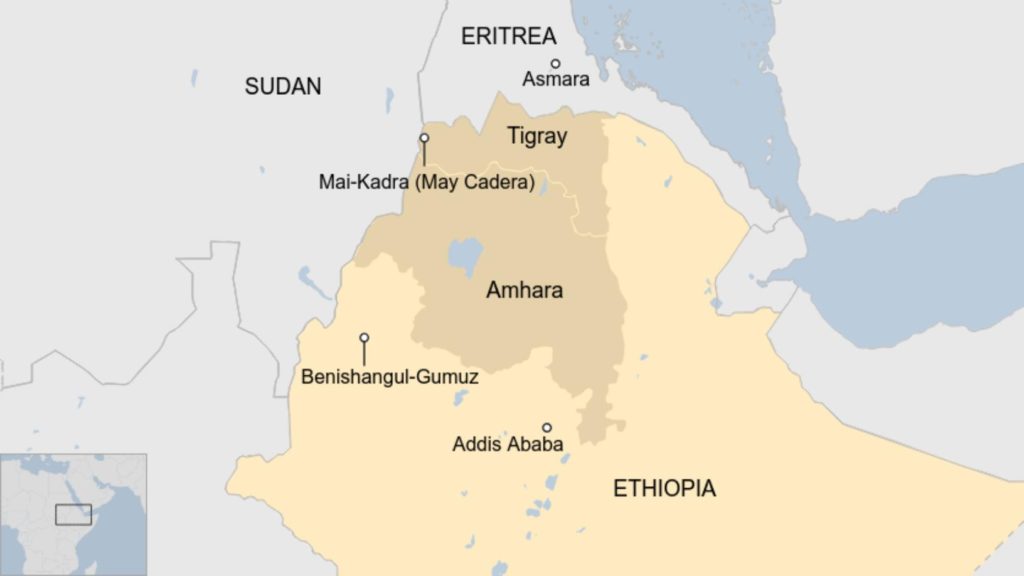Granted one-time admittance by the Ethiopian authorities to conduct a needs assessment, UNHCR led the first humanitarian mission to Mai Aini and Adi Harush refugee camps since the start of the conflict in November and found Eritrean refugees in “desperate need” of supplies and services, agency spokesperson Babar Baloch told journalists at a regular press briefing in Geneva, UN News reported.
“The assessment, which concluded last week, found help is urgently needed for the tens of thousands of Eritrean refugees in northern Ethiopia”, he said.
Cut off from supplies and services for more than two months, Mr. Baloch explained that the refugees had run out of fuel for their water pumps, leaving them to fetch water from a nearby creek for washing, cooking and drinking – “resulting in diarrhea like illnesses”.
While the only assistance they had received since the start of the conflict was a one-time food distribution conducted by the World Food Programme (WFP) almost a month ago, he said that “plans are underway for a second distribution”.
The UN teams “thankfully” found that in both Mai Aini and Adi Harush camps, buildings and structures remain intact, including refugee homes, schools and clinics, “with little damage observed”, according to the UNHCR spokesperson.
However, refugees told UNHCR staff that while they were not impacted directly by the fighting, they were threatened and harassed by various armed groups.
“The refugees told us they continue to have safety concerns, reporting that armed gangs roam the camps at night stealing and looting”, Mr. Baloch said.
“UNHCR is working with the Government and partners to re-establish a regular presence at the camps and launch a response based on the information collected”, he said, adding that the UN agency has also called on the Government to strengthen security in both camps.
